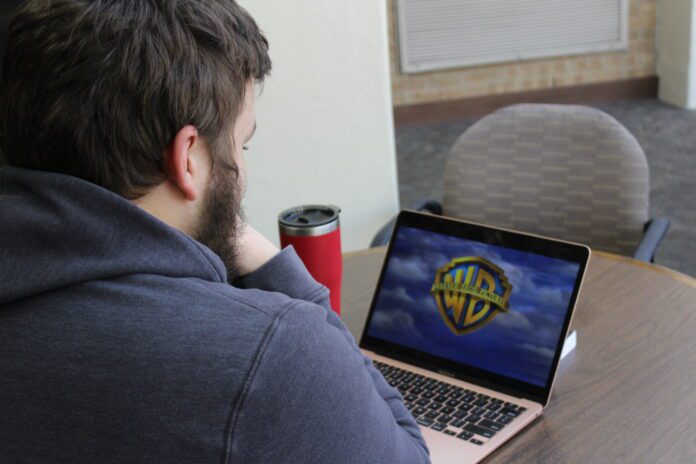Imagine: you pause from watching the news as a small arm tugs on your sleeve. Looking down, you see your child holding up a book too large for their hands. They ask you why there are names written on the front cover. You explain that “back in your day” books were written by actual humans. The child looks back at the book in wonder and you return to the news. A monotone voice from the screen announces, “…2063 has been a great year so far. The world has never been better.”
Returning to the real world, one finds that AI has significantly improved over the past couple of years compared to what it was a decade ago. While a society akin to any AI dystopian novel seems far from the realm of possibility, there are still various concerns of using AI – specifically as a means of creating art.
On the whole, artificial intelligence is an innovation – another step forward in human technology. But can it produce the same results as humans when it comes to the arts?
Judging by AI’s progress thus far, it appears that it can almost replicate any artistic form: art, music, film, literature, etc. Even if it appears that it is not on the same level as human creativity, who’s to say it won’t improve to that point in the next ten years? Or five?
In recent events, the Writers Guild of America strike, which sought to address many issues involving AI, concluded in the fall of 2023. The results seemed somewhat favorable to writers in that, studios “cannot use AI to write scripts or to edit scripts that have already been written by a writer.”
Regardless of how well-regulated AI is in film writing, one may speculate that “the powers that be” will integrate AI as it is much cheaper than human labor.
In a similar part of the world, the American actors union’s (SAGAFTRA) strike ended in November of 2023 but arguably faced a greater risk when it comes to AI. Some studios have been able to simply capture all the necessary emotions and expressions from an actor and then let AI piece together their character.
Simply put, human actors would be needed once and never again if AI had complete control over acting – or in any type of video. However, the result of the strike regulated the usage of AI to the point where studios would need the actor’s consent, and they would still be paid while their “replica” was “acting.”
Similarly, AI has been a hot topic when it comes to digital art. While AI images appear to be nearly similar to human art, a third arm or hand in an image can be a bit off-putting. However, this raises the question of what separates this “ordered randomness” from human creativity. What makes art, art? And why do humans need to play a role in it?
A federal judge in DC ruled in August of 2023 that AI art that does not have any human input cannot be copyrighted. While this does not affect AI art being used, it helps us understand how AI is to be viewed – not as its own person, but rather as a machine that “generates.”
When it comes to AI, there are many initial reactions that one might have: one of disbelief and that this is merely a gimmick, one of amazement and that this is the next step into the future, one of fear and that AI will only be harmful to humanity, or one of apathy – why should it matter after all?
At the very least, we should begin questioning why the arts need humans at all and if we might be replaced by a random generator. Why is it so necessary to have the human experience shown through artistic forms by humans – and especially from the perspective of a UD student, one who studies the liberal arts?
As a UD student, I believe that the arts require some sort of purpose, something beyond the surface level of an artistic form. While AI might mimic art, it cannot capture what humans truly value: our experience in our humanity. We use artistic forms to tell a story, to express a complex feeling, or to appeal to others. To reduce art to a game of numbers and randomness is a disservice to the thousands of years humans have been on this earth.
Whatever the future might hold for us, one thing appears to be certain: the Pandora’s box of AI is here and it’s not going away anytime soon.
